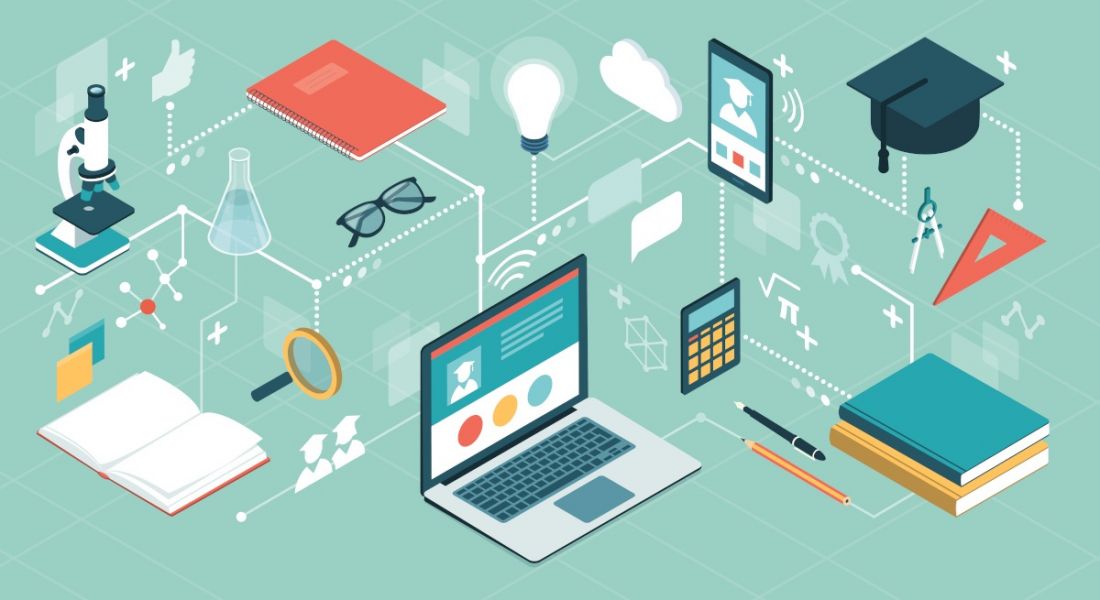In a Salesforce survey, the majority of respondents in Ireland and worldwide said they feel ill-equipped to learn digital skills.
The tech talent shortage has been of serious concern to employers for some time now. But as the pandemic has accelerated digital transformation and emerging technologies continue to advance, the need for digital skills is becoming critical.
However, a new skills index from Salesforce indicates that many workers do not feel prepared with digital workplace skills that businesses need now and some believe they are lacking the resources needed to learn these skills.
The index surveyed more than 23,500 people worldwide, including almost 1,300 workers in Ireland, on their readiness to acquire the key digital skills needed by business today and over the next five years.
The results show that while the skills crisis is affecting workers all over the world, Irish workers feel even less prepared than their global counterparts.
While only 27pc of respondents worldwide said they feel very equipped with resources to learn the digital skills that are required right now, this goes down to just 21pc when looking at respondents in Ireland.
Furthermore, only 14pc of Irish respondents feel equipped with the resources to learn the skills that will be needed in five years’ time.
Around a third of Irish workers reported feeling overwhelmed by the rate of technological change in the workplace, while a quarter said they were fearful. Despite these concerns, only 28pc reported being very actively involved in digital skills learning and training programmes.
Zahra Bahrololoumi, who leads the UK and Ireland arm of Salesforce, said reskilling should be a “national priority”.
“We all have a responsibility to help people navigate learning and equip them to seize the opportunities of a digital-first future,” she said.
“By using our scale, ecosystem and resources as a platform for change, we can provide alternative pathways to training, often free and online, to ensure that our increasingly connected world stands for success across all of society.”
Moving the digital skills dial
There have been several initiatives in recent months to address this skills gap in Ireland.
Last year, Microsoft launched a training programme to support 10,000 people in Ireland impacted by Covid-19. The programme includes five courses – productivity, coding, infrastructure, cloud and design.
Later in the year, Dublin-based education non-profit An Cosán introduced a new suite of digital tools in an effort to tackle Ireland’s digital skills shortage.
Meanwhile, researchers at Trinity College Dublin partnered with Irish start-up WaytoB to create DigiAcademy, an e-learning platform to teach digital skills to people with intellectual disabilities.
Outside of these initiatives, the Irish Government is also making digital skills a focus as part of the Digital Ireland Framework published yesterday (1 February).
As part of the strategy, the Government aims to increase the share of adults with basic digital skills to 80pc by 2030. It also looks to have more than 12,400 graduates with higher-level skills by the end of this year.
Don’t miss out on the knowledge you need to succeed. Sign up for the Daily Brief, Silicon Republic’s digest of need-to-know sci-tech news.




